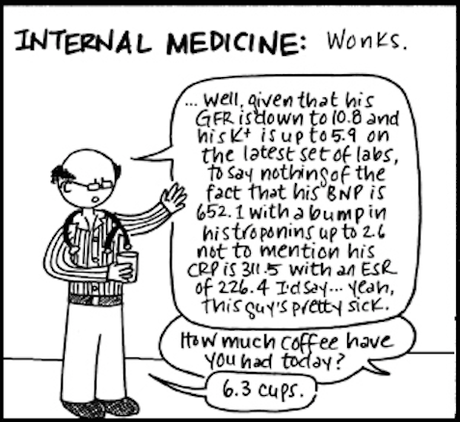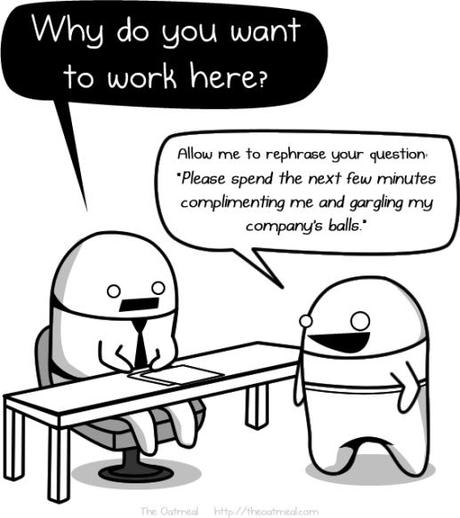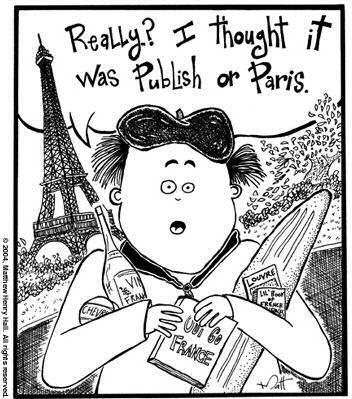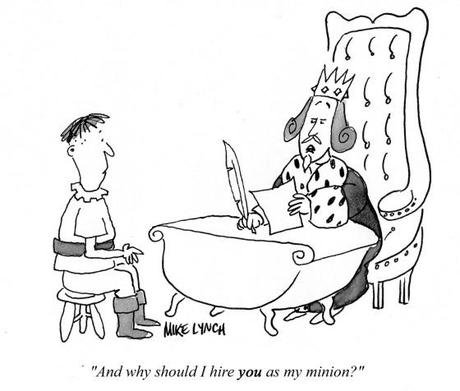This is a series in which I post about the confessions of the USMLE matchers this year. I had encouraged people to fill in their responses to a series of questions posted here, in order that I could transcribe them into short narratives for people interested to know more about the match. If you have matched, or know anyone who has matched, please forward this link to them so that they can fill out the form as well! And if you are someone looking around for match experience narratives, well, here’s hoping you like what you read! I shall transcribe the narrative in the first-person so as to retain the flavor of the interview without compromising the identity as my friend preferred to stay anonymous.
Hello! I have matched into a good mid-tier Internal Medicine program in Houston. During the residency we rotate through multiple great hospitals, which adds to the diversity of clinical encounters; although the workload can be a killer, yet, one gains vast clinical experience. And isn’t that exactly what we are looking for during a Residency training?

Types of Doctors: Michelle Au
There were several contributing elements in my successfully matching into what is generally considered a highly ranked place. I had good letters of recommendation from the professors at the same University to go with what I think is a good overall profile and scores. I also had a bit of US Clinical Experience under my belt. The fact that the interview day went off quite well was an added advantage. I sent personalised “thank you” emails to the faculty/interviewers after the interview was done and I believe that was an added factor. I also made sure that I let them know that I planned to rank them high on my rank order list. I emphasised on this during the interview as well as in the thank you emails I sent later on. However, this is a tricky bit of strategy as the interviewer might misconstrue the intention behind the statements and one might end up alienating them. I believe that it worked for me, may not be the same for you!
But one of the most important things that bolstered my application were my scores. I had scores well in excess of 260 on both the steps, and a comfortable pass in the step 2 CS exam. I haven’t taken the Step 3 yet. Considering how competitive the whole USMLE has become right now, I think it is imperative to have good scores in order to make the cut. There is no way one should compromise on the scores.
The interview experience is of course a vital component of the match process. I was a little stressed out at the beginning of the first interview but then, things went on smoothly from there. Some vital tips for the USMLE Interview, which I can distil from my experience would be:- Prepare thoroughly so as to appear spontaneous during the interview. Answers to some standard questions, like, “So, why do you want to come here?” and “Why should we take you?” should be well rehearsed. Although it is probably true that these sort of questions are mostly asked by old school interviewers, you never know who will sit on your interview day. Also, these questions cover several domains, so it might be helpful to sort out other similar questions.
- Know your CV inside out. This is point of conversation, sometimes a conversation starter if the interviewers like a particular aspect of your CV. Have a good recollection of what you wrote, especially regarding your achievements, as they will be the key pointers to prove your worth to the interviewers.
- Appear confident, but not cocky. You do not want to throw off the interviewers by being too arrogant and too self-assured (if one can be that during a life-altering event like the USMLE interview!).
- Look interested and invested during the questioning. Body language is critical and it is vital that you do not make the interviewers feel that you are too bored with the process!
- Dress well, be personable. Appear professional and behave in a manner that is befitting the situation. If the interviewers ask you whether you have any questions for them, try to ask thoughtful questions.
- If you can make the interviewer laugh, you are golden. But if you cannot, do not try to force jokes. If it happens naturally, that is the best thing. Humor can never be forced.
- Go through the SDN thread on “How to blow your shot at a residency.” It is difficult to list out all the do-don’t points but this discussion is an enjoyable read through anyways.
- For your top programs, fly into the city one day in advance. You don’t want to miss out on the interview at your top choice because of flight cancellations.

The Oatmeal Guide to Interviewing
Another point that I believe went for me was my extensive United States clinical experience. I had about six months of experience behind me; two as clerkship, three as externships and an observership for a month. I has some clinical research and several publications and research presentations in conferences at my home country. Some programs did not seem to care for it because it was not US-based research while others seemed very impressed by it and asked me a lot of questions about it. Seems like having non-US research experience is a bit of a hit and miss affair. I had a wide variety of publications, including multiple first author original articles, several case reports, clinical images and letters to the editor. I did not have too many extra-curricular activities on my CV; it did not seem to weigh me down though some people are of the opinion that it helps to have some as it shows a well-rounded personality. I did not feel that it weighed me down.
Publish or …
Relative importance of some aspects of the match according to me:Step 1 Score: 10/10Step 2 score 10/10Personal statement 10/10 Try to throw in some humor, but be careful.Clinical experience 15/10Research experience 20/10 If you can get it from a good university in the US.Publications 5/10, unless these are in reputed journals, then 10/10. But I think most university programs would appreciate it if you demonstrate scholarly activity.Interview 10/10. Year of graduation is also very important.At the end of the day, different programs use different ways to rank candidates. As an IMG needing a Visa and working from my home country, it has been a challenging experience from me, but then again, anything worth obtaining is worth fighting for. Sometimes it may seem that the gradient is tough and the time line is too complex, but in order to be able to achieve your dreams, one has to make a lot of sacrifices and adjustments. This exam is not just a scholastic journey, but also one where you grow from strength to strength!All the best!
Wish you a minion successes!
